This project is part of the EDCTP3 programme supported by the European Union
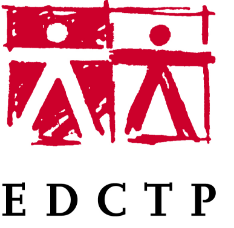
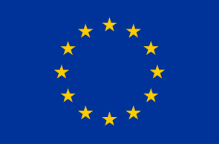
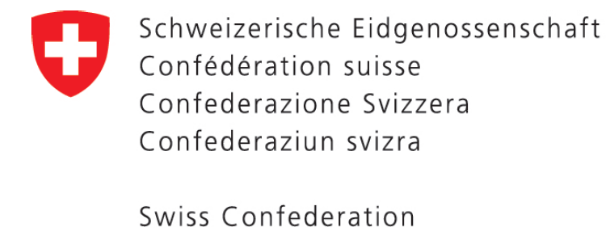

The SAFIRE consortium’s workplan consists of six distinct Work Packages (WPs), each tasked with specific responsibilities pertaining to the project and its execution.
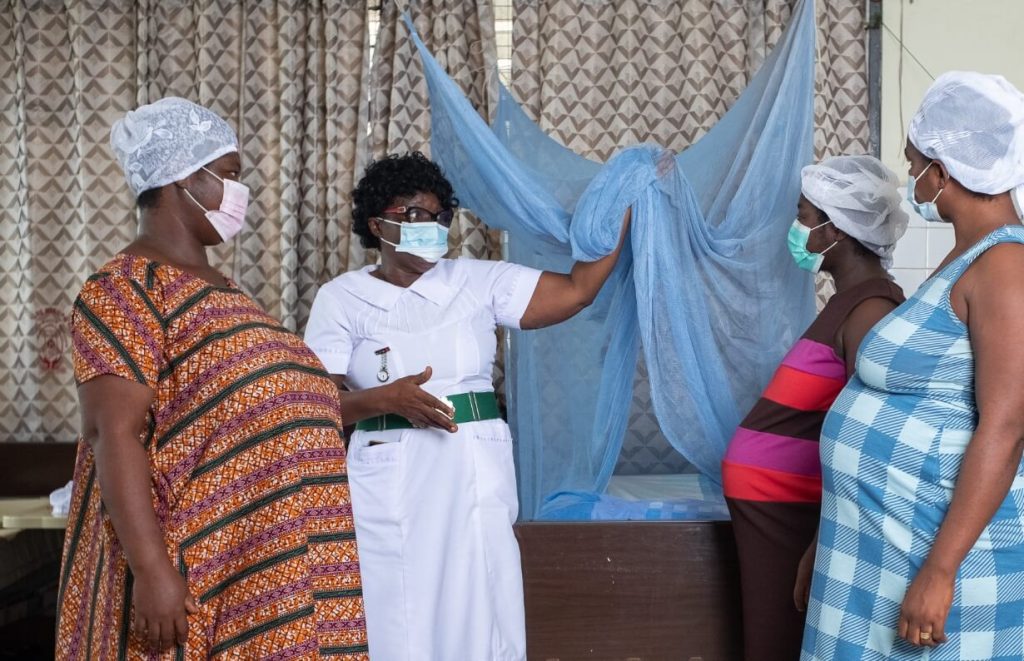
Led by Dr Henk Schallig
Amsterdam University Medical Center – the Netherlands
Supported by
Liverpool School of Tropical Medicine (LSTM), United Kingdom
The primary objective of WP1 is to establish the overall administrative and financial framework for project management. This encompasses technical oversight, trial monitoring, research communication, resource utilization planning, coordination of WPs and tasks among consortium partners, as well as communication with the EDCTP.
Co-led by Dr Hellen Barsosio
Kenya Medical Research Institute (KEMRI)
Prof. Kassoum Kayentao
L’Université des Sciences, des Techniques et des Technologies de Bamako (USTTB), Mali
This WP ensures the Consortium is an equitable and fair partnership.
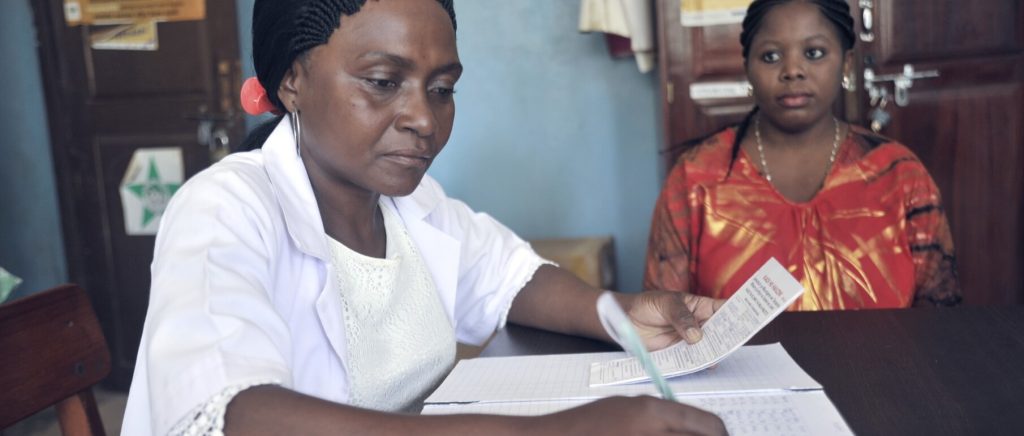
The objective of WP2 is to ensure SAFIRE research is designed and conducted according to rigorous scientific standards, considering national priorities and local contexts, and that the project adheres to the workplan and grant agreements. In collaboration with the SAFIRE coordination team, WP2 will ensure deliverables and milestones are provided within the specified deadlines to EDCTP.
Duties will also include promoting the project at global, regional and national political and academic forums, as well as directing the consortium’s approach to translating research findings into clinical practices and adoption.
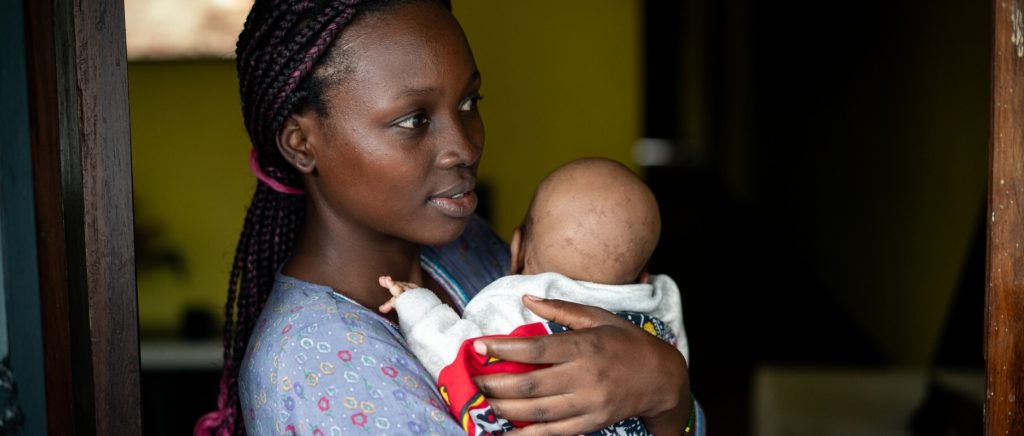
Co-led by Prof. Kassoum Kayentao
L’Université des Sciences, des Techniques et des Technologies de Bamako (USTTB), Mali
Feiko ter Kuile
Liverpool School of Tropical Medicine (LSTM), United Kingdom
WP3 will oversee the design and conduct of the clinical trials in Kenya, Mali and Burkina Faso, with a possibility to extend into the Democratic Republic of the Congo (DRC) and Uganda.
The Phase 3b Bayesian adaptive platform trial will involve several key steps, such as a real-time Delphi survey with key stakeholders to define primary evaluation criteria and non-inferiority margins. Formative research at each site (see WP4 below) will guide the final trial design and procedures for culturally appropriate identification of pregnant women in the first trimester, recruitment and retention.
The trial will evaluate safety, including miscarriage, stillbirth and major congenital anomalies, efficacy, tolerability, as well as acceptability, feasibility and cost-effectiveness.
Co-led by Maud Majeres
Medicines for Malaria Venture (MMV), Switzerland
Innocent Valea
Clinical Research of Nanoro (CRUN/IRSS), Burkina Faso
WP4 serves to:
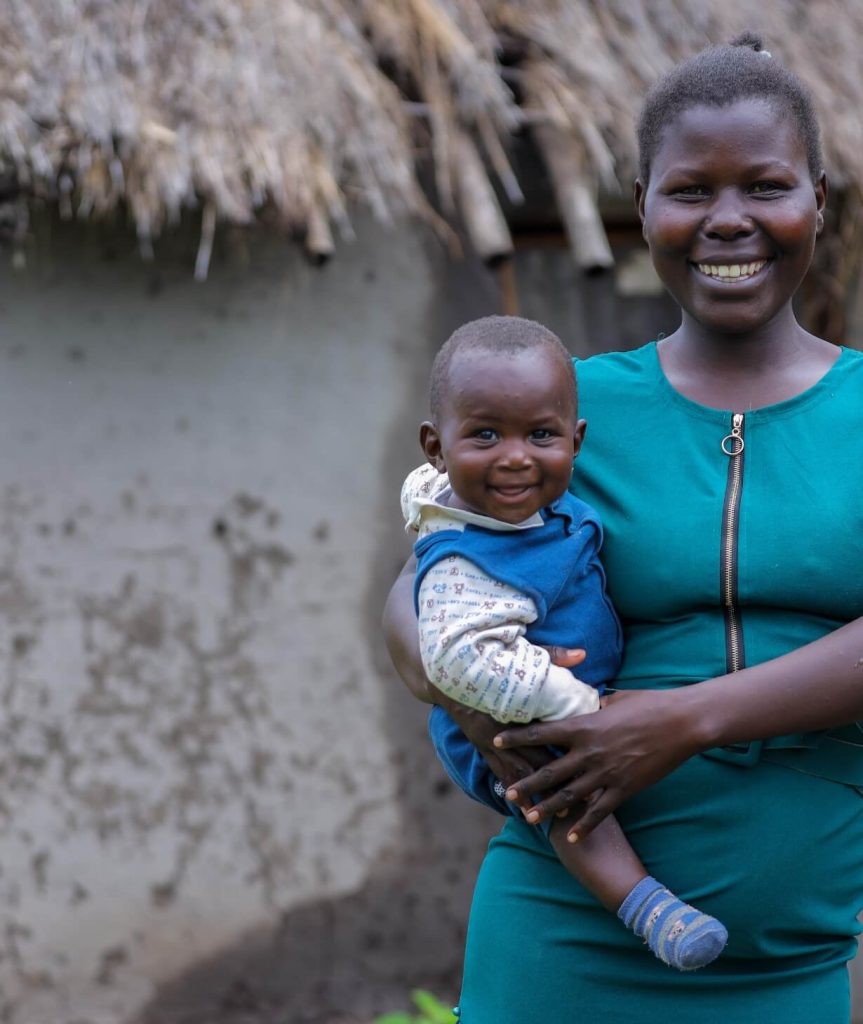
Co-led by Prof. Hypolite Muhindo
Université de Kinshasa (UNIKIN), Democratic Republic of Congo
Dr Myriam El Gaaloul
Medicines for Malaria Venture (MMV), Switzerland
WP5 considers the dissemination, communication and translation plan of all facets and phases of the project, ensuring the research achieves the expected public health impact.
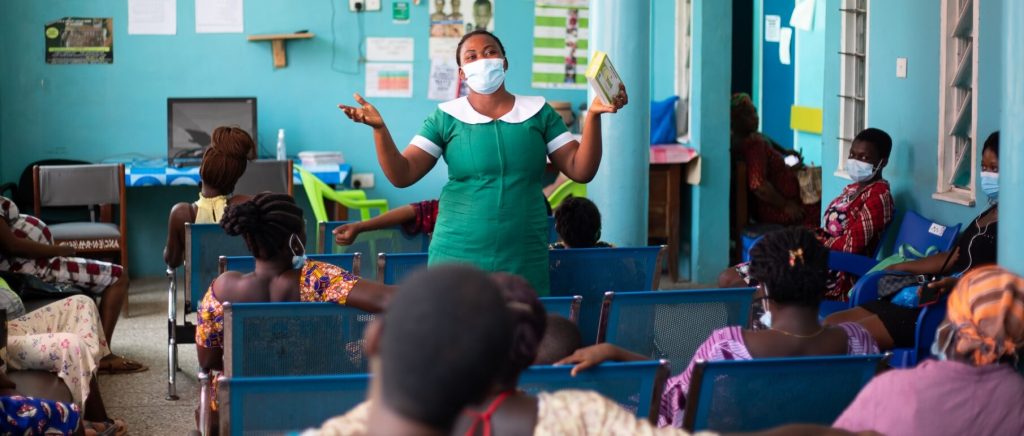
The activities include developing and openly sharing project resources to support policy adoption and implementation, and integration into healthcare systems, as well as engaging and communicating with a diverse range of stakeholders.
This also involves developing the governance plan and global access plan to translate research evidence into policies and practices, in collaboration with WP1 and WP2.
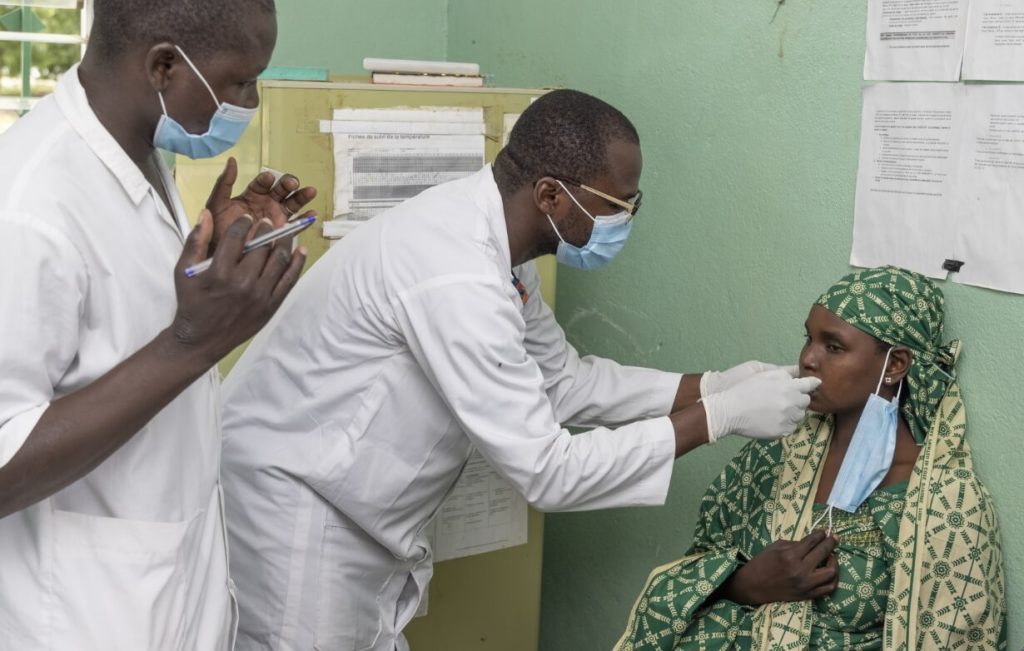
Co-led by Dr Henk Schallig
Amsterdam University Medical Center, the Netherlands
Dr Abel Kakuru
Infectious Diseases Research Collaboration (IDRC), Uganda
WP6 will operate through a North-South collaboration to develop the technical capacities required for the effective conduct of clinical trials and research studies on malaria control. To this end, the collaboration will include tailored training opportunities African graduate students at both European and African sites.